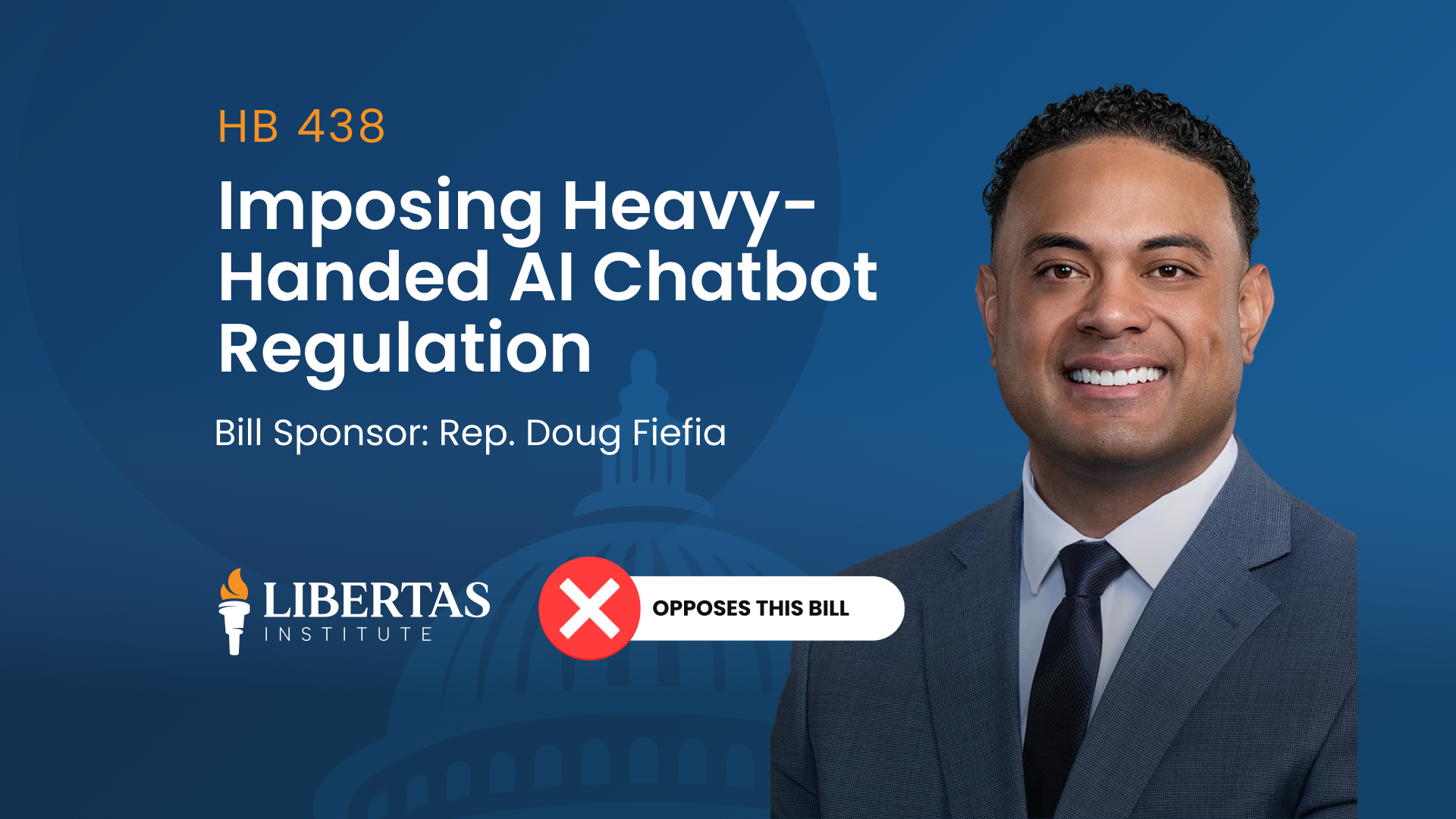This bill was held in the House Judiciary Committee.
Libertas Institute supports this bill
The United States government believes that you do not have a right to digital privacy.
This is the conclusion one draws from a case pending before the U.S. Supreme Court. The forthcoming decision in Carpenter v. U.S. may update decades-old case law dealing with surveillance and the “third-party doctrine,” but one conversation during a recent hearing makes clear that digital privacy is anything but guaranteed.
Justice Gorsuch asked the Deputy Solicitor General whether the Fourth Amendment’s protection against unreasonable searches of a person’s “papers and effects” should apply to cell phone records—the digital information at issue in the case.
“It’s not your paper or effect,” the government attorney responded. “The problem with your hypothetical,” he told Gorsuch, “is that it creates a property interest out of transfers of information.”
While the U.S. Constitution’s Fourth Amendment protection of electronic data is apparently an open question to some, the equivalent clause in Utah’s Constitution may be updated if House Joint Resolution 9, sponsored by Representative Craig Hall, is passed and approved by voters this November.
Here’s the simple proposed change:
The right of the people to be secure in their persons, houses, electronic data and communications, papers, and effects against unreasonable searches and seizures shall not be violated; and no warrant shall issue but upon probable cause supported by oath or affirmation, particularly describing the place to be searched, and the person or thing to be seized.
The Utah Legislature, and voters statewide, should make emphatically clear in our state constitution that the presumption of privacy long afforded to paper-based information should be likewise extended to the digital realm.




